Want to read books by Richard Flanagan but don’t know where to start? Check out this introduction to the award-winning author and his many amazing works.
Richard Flanagan is a Tasmanian novelist and non-fiction writer whose career has been rightfully lauded in Australia and beyond. After graduating as a Rhodes Scholar with a Masters of Letters in History from Oxford, Flanagan then went on to write several non-fiction books before breaking into fiction.
His first novel, Death of a River Guide, was praised as ‘one of the most auspicious debuts in Australian writing.’(Times Literary Supplement) Written when he was twenty-one years old, the book is roughly based on Flanagan’s own experience of nearly drowning in the Franklin river.
‘I learnt what I had never learnt from the modern novel: that even in our darkest hour, we are not alone,’ Richard recalled in an interview with The Sydney Morning Herald. ‘After that most things became unimportant, even trivial. Except other people and writing, which is, I guess, at best a form of homage to the mystery of us.’
Luckily for the rest of us, Richard did indeed continue to write after his near-death experience, and after the book that recalled those emotions. Following his debut, the author went on to publish several other novels including Booker prize-winner The Narrow Road to the Deep North and Gould’s Book of Fish, which won the Commonwealth prize. And while these two award-winners are common entry points for readers to Flanagan’s work, they are just two of his many novels that have captivated readers around the world and earned him a reputation as 'one of our greatest living novelists’ (The Washington Post).
Scroll on for blurbs about his most popular books, and learn about his upcoming novel, Question 7.
5 of the best Richard Flanagan books, for readers who haven’t read him yet
Question 7 Richard Flanagan
By way of H. G. Wells and Rebecca West’s affair through 1930s nuclear physics to Flanagan's father working as a slave labourer near Hiroshima when the atom bomb is dropped, this genre-defying daisy chain of events reaches fission when Flanagan as a young man finds himself trapped in a rapid on a wild river not knowing if he is to live or to die.
The Narrow Road to the Deep North Richard Flanagan
Get to know Richard Flanagan with his most popular book, The Narrow Road to the Deep North. The book is also set to become a five-part series, starring Jacob Elordi. Set in August 1943 at a Japanese POW camp on the Thai-Burma death railway, the book follows an Australian surgeon named Dorrigo Evans who is haunted by his love affair with his uncle's young wife two years earlier. Struggling to save the men under his command from starvation, cholera and beatings, he receives a letter that will change his life forever.
Gould's Book Of Fish Richard Flanagan
Gould’s Book of Fish is the Commonwealth prize-winning novel that takes readers back to 1828 to explore the life of William Buelow Gould, a white convict who fell in love with a black woman. Silly Billy Gould, invader of Australia, liar, murderer and forger, is condemned to the most feared penal colony in the British Empire and there ordered to paint a book of fish.
The Living Sea of Waking Dreams Richard Flanagan
In a world of perennial fire and growing extinctions, Anna’s aged mother is dying — if her three children would just allow it. Condemned by their pity to living she increasingly escapes through her hospital window into visions of horror and delight.
When Anna’s finger vanishes and a few months later her knee disappears, Anna too feels the pull of the window. She begins to see that all around her others are similarly vanishing, but no one else notices. All Anna can do is keep her mother alive. But the window keeps opening wider, taking Anna and the reader ever deeper into a strangely beautiful story about hope and love and orange-bellied parrots.
Wanting Richard Flanagan
Van Diemen’s Land, 1841. Mathinna, the adopted Aboriginal daughter of the island’s governor, Sir John Franklin, and his wife, Lady Jane, sits for her portrait. She is the subject of a grand experiment in civilisation – one that will determine whether science and reason can be imposed in place of savagery and desire.
Years pass. Sir John Franklin disappears on an Arctic expedition to find the fabled Northwest Passage. England is horrified as reports of cannibalism filter back from search parties, no one more so than the most celebrated novelist of the day, Charles Dickens, for whom Franklin’s story becomes a means to plumb the frozen depths of his own soul.
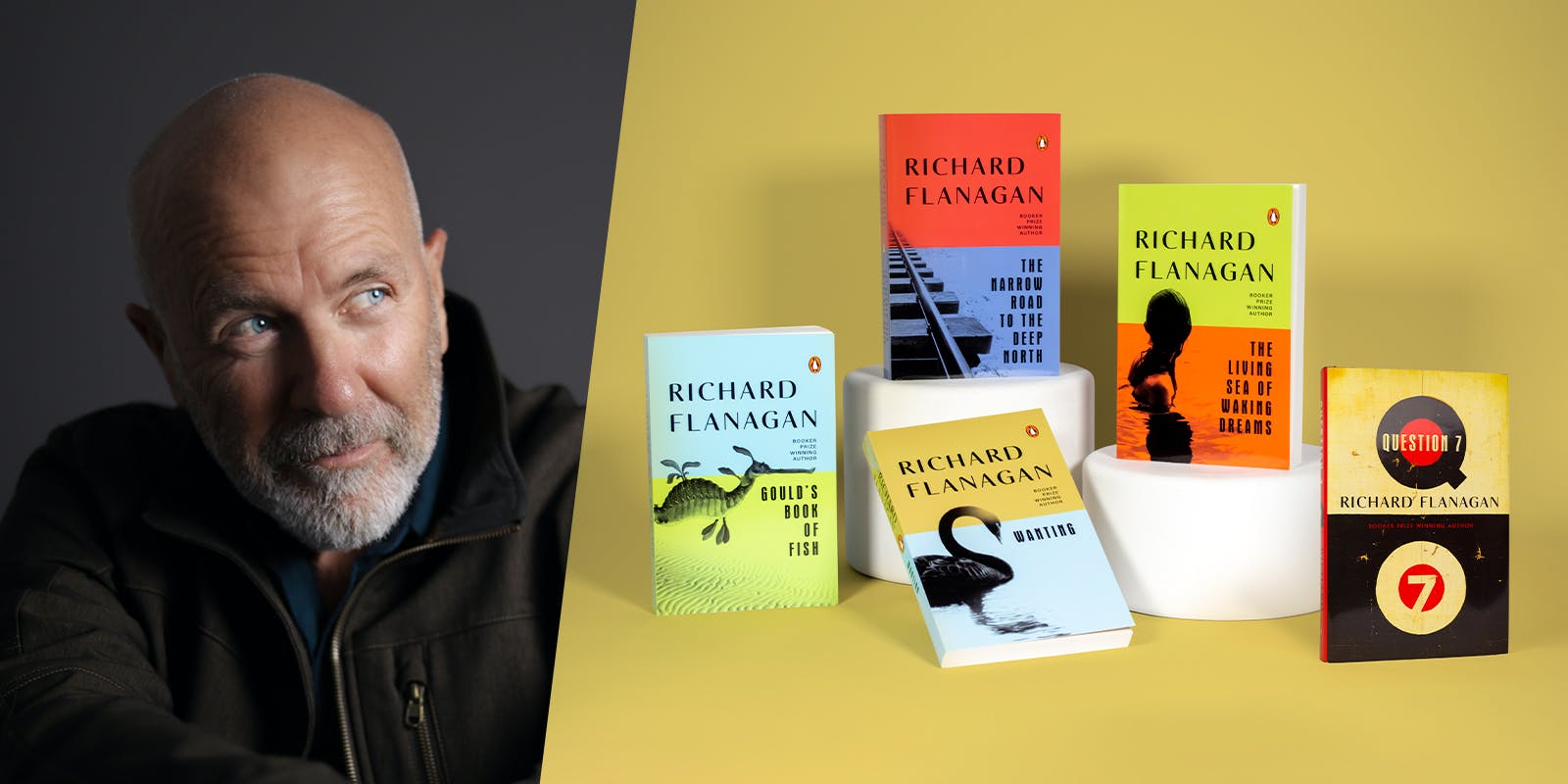
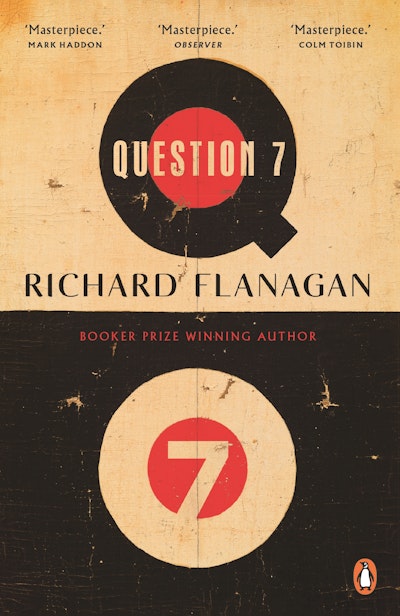
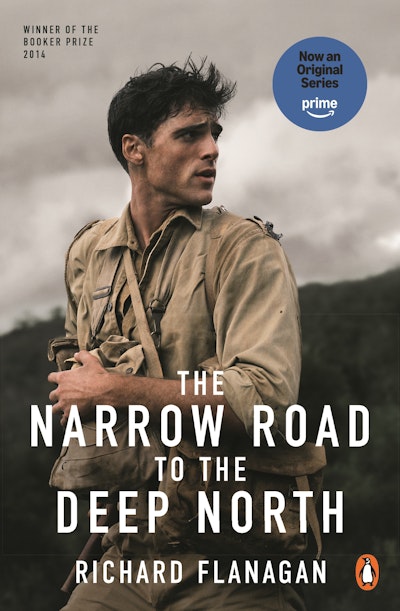
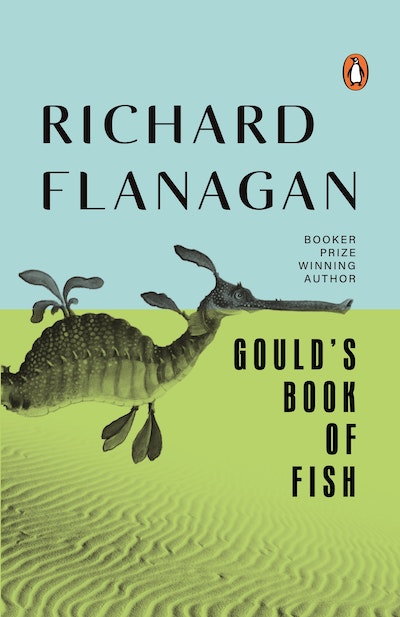
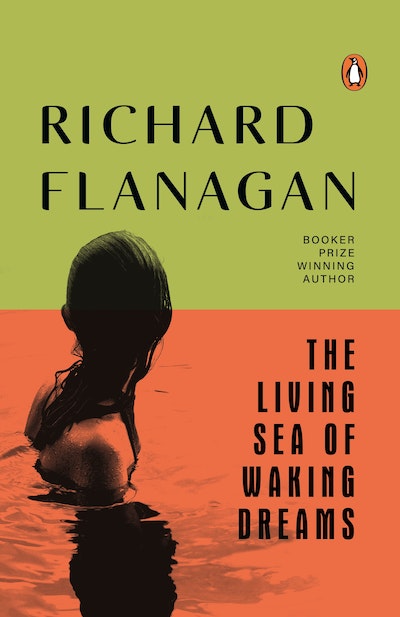
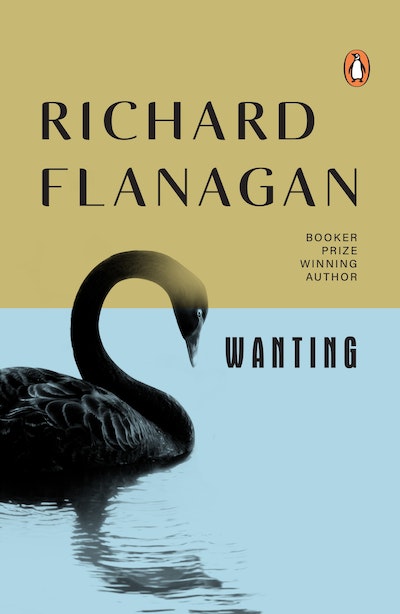











.jpg?w=690&h=344)